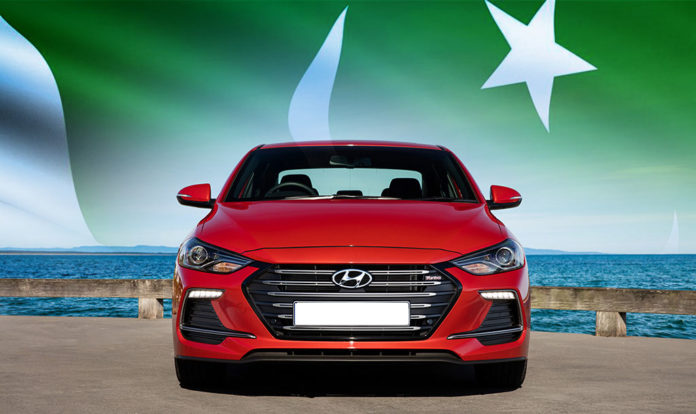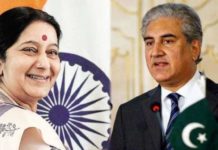By Muhammad Luqman
The dream of diversifying Japan-dominated auto manufacturing sector in Pakistan came true after Prime Minister Shahid Khaqan Abbasi performed the ground-breaking ceremony of Hyundai car plant near central Pakistan town of Faisalabad.
The car assembly plant is a joint venture of Nishat Mills Limited (NML), one of the largest integrated textiles mills in the country, and Hyundai Motor Corporation (HMC) of South Korea.
The NML’s joint venture will produce HMC passenger cars and 1-ton range commercial vehicles in Pakistan.
“The establishment of the car plant by Hyundai shows the trust of investors in Pakistan as well as the government’s sustained policies,” Premier Abbasi told the ground breaking ceremony.
Hyundai Nishat Motor (Pvt) Limited, a subsidiary of NML that entered into an investment agreement with HMC earlier in February, has production facilities in M-3, Industrial City, Sahianwala, FIEDMC, Faisalabad.
After the announcement of the new auto policy in March 2016, a number of foreign automobile companies have announced to set up their plants in Pakistan.
Both leading Korean automobile companies, Hyundai and Kia, used to assemble cars in Pakistan but left the market mainly due to the liberal used car import policy in the Musharraf regime.
The sharp increase in the import of used cars massively hit Korean brands that were still trying to consolidate their footprint against well-entrenched Japanese car makers.
The re-entry of Korean brands has been considered a big success of the PML-N government, which took over two years in announcing the new auto policy to give incentives to new entrants and those who left Pakistan earlier.
The government wanted to encourage new players to invest in the local market, which is currently dominated by three Japanese players.
Pakistan’s car penetration of 13 vehicles per 1,000 persons is significantly lower than the regional average of 162, signifying strong potential for automobile growth due to growing disposable income and low interest rate in the country.















